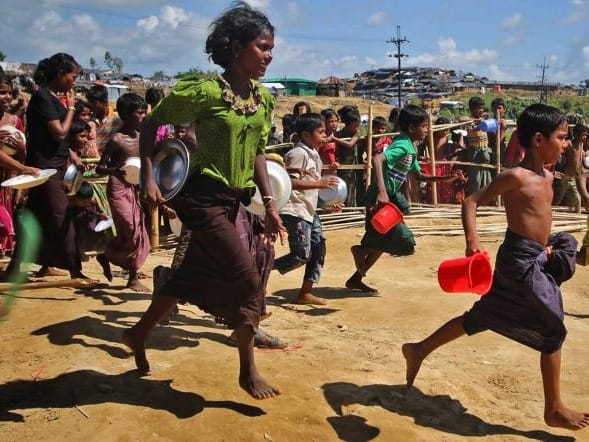GENEVA (AN) — A panel of U.N. human rights investigators has identified six Myanmar military leaders that it said should be prosecuted for genocide against Rohingya Muslims.
The United Nations investigators looking into the mass killings of Rohingya people in Myanmar's Rakhine State urged authorities to involve the prosecutor's office of the International Criminal Court, or ICC, based at The Hague, Netherlands, or create a new "ad hoc international criminal tribunal."









